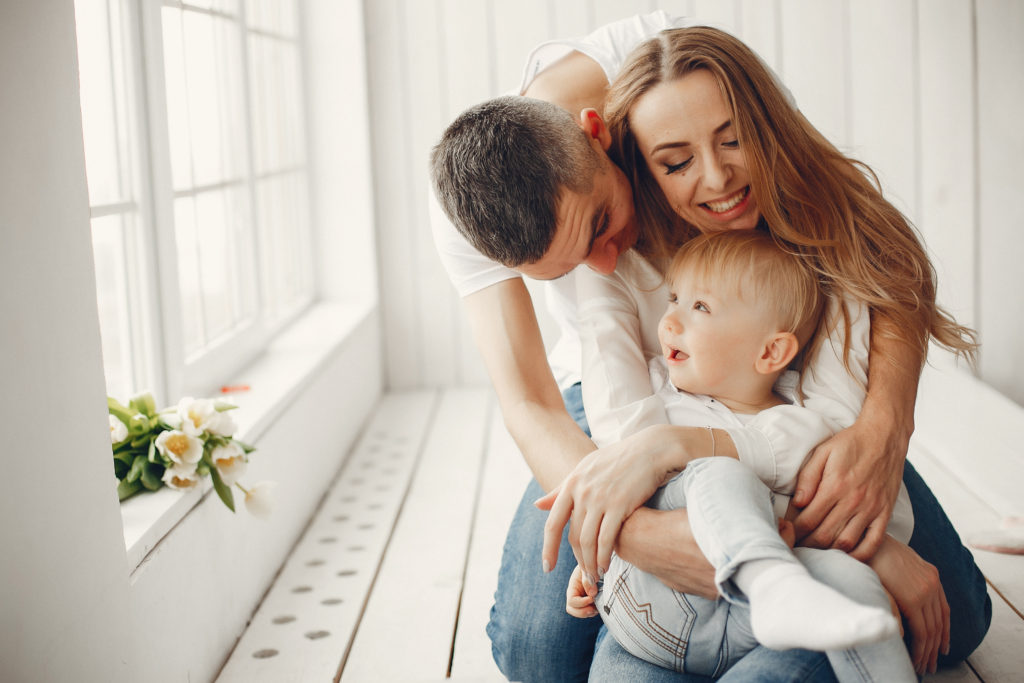A heartbreaking study conducted by NORC at the University of Chicago showed that Americans are the unhappiest they’ve been in five decades. More precisely, only 14% of the study respondents admitted to being very happy – 31% lower than the data recorded in 2018.
Right now, we’re living such desperate times that all we think about is just surviving another day. The simple thought of being happy almost makes me laugh since it seems the least important task now.
But what is life without enjoying the simplicity of it?
Can we even aspire to be happy in the middle of a pandemic?
Today, mental and physical health experts are going to share 6 tips on helping your mind, spirit and body finally regain balance and maybe even find happiness again.
-
Never underestimate exercise
If the pandemic affected any area of our lives, it’s definitely our physical activity routine. Whether you were walking to work, taking a spin class or weightlifting, these habits had an immense positive impact on your physical and mental health.
According to Gretchen Rubin, author of ‘The Happiness Project,’ the first step towards happiness is to take care of your body. She even goes so far that she refers to exercise as ‘the magical elixir of life’ and for good reason!
If you haven’t been exercising in a while, take it easy at first. You can start by simply walking around the neighborhood or lightly jogging in uncrowded areas; if that’s not possible, there are plenty of exercising lessons online that can help you regain your long-lost energy!

-
Declutter your home
It’s hard to keep a home clean – and it’s nearly impossible if you have children at home too. I’m in the exact same boat.
However, spending time at home 24/7 can lead to a cluttered space filled with unnecessary items; simply living in the middle of all this chaos can be mentally exhausting. The solution?
Declutter.
I’m not talking about a total home makeover; sometimes even the littlest habits such as making the bed every morning or rearranging your kids’ toys can make a huge difference. Not only does it give you purpose, but it also makes you feel in control of the situation!

-
Be kind
In a time when we should be kinder than ever, we often find ourselves yelling at our spouses or losing patience with the kids. Simple, small gestures like saying ‘thank you’ or ‘please’ to your loved ones can uplift your mood instantly. That’s because our subconscious associates these phrases with gratitude and love, so simply saying them out loud can invoke those positive feelings.
Similarly, you can start keeping a journal and write down every little thing you feel grateful for daily. Sometimes we get so caught in this chaotic schedule and negative headlines that we simply forget there still are plenty of good things left in the world.

-
Escape into nature
Nothing recharges our batteries like a few hours (or days) spent in nature, away from all the negativity. This can mean taking a walk in the park, going to a forest or (if you’re lucky enough) visiting the beach.
If you can’t do any of these activities safely, even looking at photos and videos of nature can be soul and brain soothing – and that’s a proven fact.
For example, this study published in the International Journal of Environmental Research proved that watching images of natural environments (beach, mountains, fields or anything you like) promotes brain relaxation.

-
Stay connected
Social distancing is one of the most important (and effective!) ways of preventing the spread of COVID-19 and keeping our loved ones safe. However, us humans are social species who need constant interaction for our physical and mental health.
Anxiety, exhaustion and worries can prevent us from socializing – even virtually – with friends and family. The best solution in this case is to introduce calls or video conferences with your dear ones to your routine. Who says we can’t have Taco Tuesday via WhatsApp?
If you have children, make sure to include them in this activity since social isolation can deeply affect their abilities of interacting with others.

-
Create a healthy sleep schedule
Being at home 24/7 can severely alter our eating and sleeping habits. Since we’re doing the same things every day, we may lose track of any routine, which can lead to unhealthy weight gain, insomnia and a poor mental state.
Rubin recommends everyone to start setting two alarms: one that reminds us to go to sleep and another one for waking up in the morning. It may feel strict at first, but this is actually how our lives looked before the pandemic; it’s the healthiest choice we could make for our mind and body.
Pandemic life is far from easy and we still don’t know when it will be over. However, it doesn’t mean we should live every day miserably and drag our families into this negative state; instead, we can look at it as an opportunity to spend quality time with our loved ones and learn new ways to smile.


























